TL;DR:
Professional translation services are indispensable in the UK's strictly regulated environment, offering specialized knowledge of legal terminology and industry nuances to ensure precise translations meeting stringent standards. These services help mitigate risks, maintain technical accuracy, and enhance readability for stakeholders in various sectors like healthcare, finance, and technology. Choosing a reputable provider with native-level translators, proven track records, and transparent quality assurance processes is crucial. Machine translation aids rapid translation of complex documents but relies on human experts to capture nuances and ensure legal compliance. Future advancements in AI promise even more efficient and accurate regulatory documentation translations.
In today’s globalized market, understanding and adhering to UK regulatory requirements is paramount for businesses. However, one often overlooked aspect is the accuracy of translations in compliance reports. This article delves into the critical importance of high-quality translation services for UK regulatory documentation, covering technical challenges, selection criteria, legal considerations, case studies, and future trends driven by AI. Discover how effective translations streamline processes and mitigate risks across diverse sectors, ensuring your business stays compliant.
Key topics include: Understanding the Importance, Selecting Experts, Quality Assurance, Legal Obligations, Real-World Case Studies, and AI’s Role in shaping the future of translation for regulatory compliance.
- Understanding the Importance of Accurate Translations in UK Regulatory Compliance
- The Challenges of Translating Technical Documentation for Regulators
- Selecting the Right Translation Service Provider for Compliance Reports
- Ensuring Quality and Precision in Medical Device Labeling Translations
- Financial Services: Navigating Complex Language Requirements for Reporting
- The Role of Machine Translation in Streamlining Compliance Processes
- Legal Considerations: When and Why You Need Human-Translated Documents
- Case Studies: Successful Translations in High-Risk Industries
- Future Trends: AI and the Evolution of Regulatory Compliance Translation
Understanding the Importance of Accurate Translations in UK Regulatory Compliance
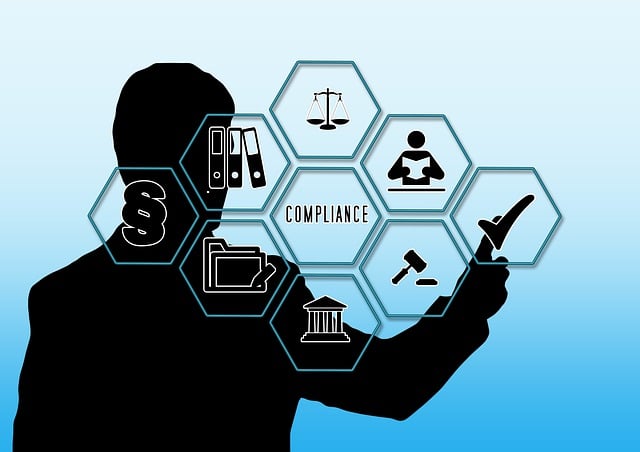
In the realm of UK regulatory compliance, accurate translations are no less than a game-changer. When dealing with documentation that must adhere to stringent legal and industry standards, it’s crucial to ensure every word is conveyed precisely in both language and nuance. This is where professional translation services come into play—they offer the expertise needed to navigate the complex landscape of regulatory language.
Effective translations go beyond mere word-for-word substitutions; they require a deep understanding of the source content and its intended audience. Translation specialists for UK Regulatory Compliance Documentation possess the knowledge to interpret legal terminology, ensuring that technical accuracy is maintained while enhancing readability for stakeholders. This meticulous approach safeguards against potential pitfalls, such as ambiguous phrasing or compliance issues arising from linguistic errors.
The Challenges of Translating Technical Documentation for Regulators

Translating technical documentation for regulatory purposes presents unique challenges, especially in the UK where multiple languages and nuanced legal frameworks are involved. Accuracy is paramount when conveying complex information that can impact business operations and legal standing. Professional translation services for UK regulatory compliance documentation must not only render the meaning but also ensure terminological consistency across industries and regulatory bodies.
One of the primary hurdles is the specialized jargon used in regulatory texts, which often requires deep domain knowledge to translate correctly. Misinterpretations or incorrect translations can lead to misunderstandings, fines, or even legal non-compliance. Therefore, experienced translators who specialize in regulatory documentation are essential. They stay up-to-date with evolving industry standards and regulations, ensuring that translated documents remain legally sound and effective for their intended audience.
Selecting the Right Translation Service Provider for Compliance Reports
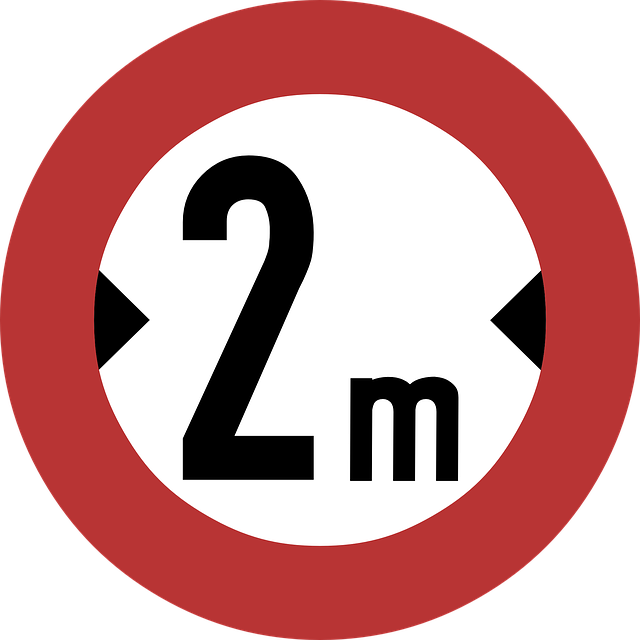
When it comes to UK regulatory compliance reports, selecting a reputable translation service provider is paramount to ensuring accuracy and legal validity. These reports often contain complex technical language and require a deep understanding of both the source and target languages, as well as adherence to specific industry terminology. Look for providers who specialize in translation services for compliance documentation, possess native-level translators, and have experience handling similar content.
Reputation is key; choose a company with a proven track record, client testimonials, and transparent quality assurance processes. The best translation service providers will also offer additional services like proofreading, editing, and language consulting to guarantee the precision of your reports. This meticulous approach ensures that your regulatory documents are not only accurately translated but also meet all legal requirements, thereby facilitating seamless communication across languages and jurisdictions.
Ensuring Quality and Precision in Medical Device Labeling Translations
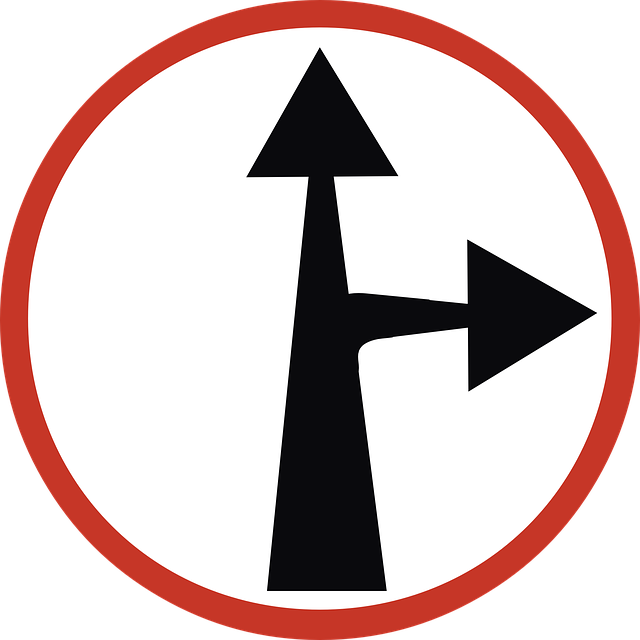
Ensuring quality and precision in medical device labeling translations is paramount, especially within the stringent framework of UK regulatory compliance documentation. Accurate translations must convey not just the literal meaning but also the regulatory nuances and technical jargon specific to healthcare products. Professional translation services dedicated to this domain employ linguists with profound medical and legal expertise, ensuring that every term and phrase adheres to UK regulations such as the Medical Devices Regulation (MDR).
These specialized services incorporate rigorous quality control measures at every stage of translation. This includes proofreading by native speakers, extensive use of terminology databases, and cross-checking against source materials. The goal is to produce translations that not only meet but exceed industry standards, thereby facilitating seamless regulatory submission processes for medical device manufacturers operating in the UK market.
Financial Services: Navigating Complex Language Requirements for Reporting

In the intricate landscape of financial services, navigating regulatory compliance documentation is a complex task, especially when dealing with diverse linguistic requirements. The UK’s robust financial sector demands that firms adhere to stringent reporting standards, often involving detailed and technical language. Here, translation services play a pivotal role in ensuring that all documentation is accurately conveyed across languages, maintaining clarity and integrity.
The process involves more than just word-for-word translations. Professional translators with expertise in financial jargon must adapt terminology while preserving the original meaning and context. This is crucial for documents like annual reports, risk assessments, and regulatory filings, where precision is paramount. By leveraging translation services tailored to this niche, financial institutions can streamline their compliance processes, ensuring that their UK regulatory documentation resonates effectively across all languages targeted.
The Role of Machine Translation in Streamlining Compliance Processes
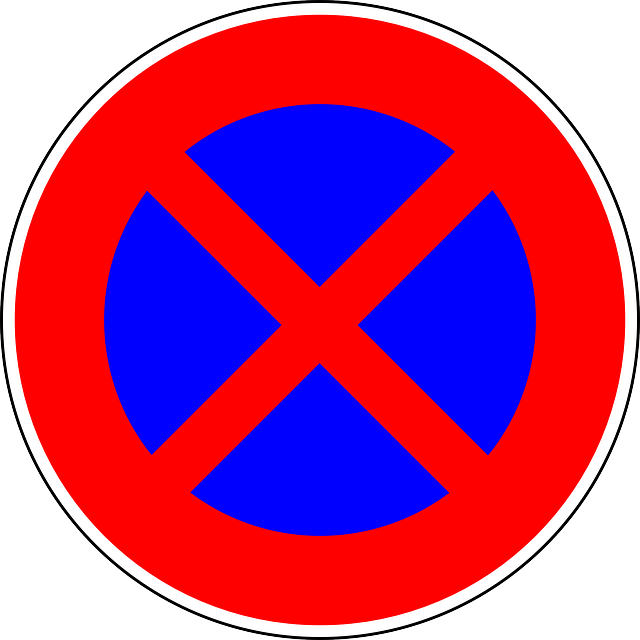
Machine translation has transformed the landscape of language processing, offering unprecedented efficiency and accessibility in various industries, including regulatory compliance. When it comes to UK regulatory compliance documentation, translation services play a pivotal role in ensuring that crucial information is accurately conveyed across languages. This technology facilitates the rapid translation of complex legal and technical documents, enabling businesses to navigate cross-border regulations with ease.
By leveraging machine translation, companies can streamline their compliance processes, saving time and resources. Advanced algorithms are capable of understanding regulatory terminology and context, producing high-quality translations that meet the stringent requirements of UK governance. This not only enhances communication between multinational corporations and local authorities but also ensures that all parties involved have access to consistent and up-to-date information, fostering a more efficient and effective regulatory environment.
Legal Considerations: When and Why You Need Human-Translated Documents
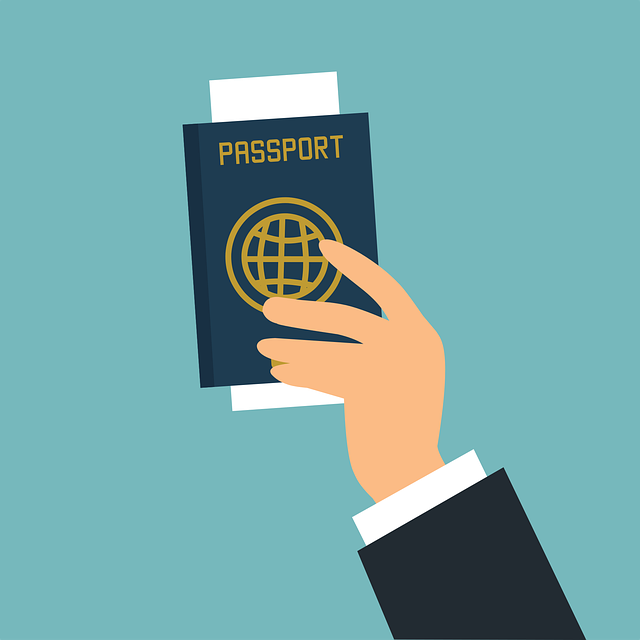
When dealing with UK regulatory compliance documentation, accurate and professional translation services are paramount. Many companies operating within the UK or aiming to expand there require their documents to be legally sound and compliant with local regulations. This is where human-translated content becomes essential. Automated tools, while useful for basic translations, often fall short when it comes to capturing subtle nuances in language and legal terminology, which can lead to misinterpretations and potential legal issues.
Human translators possess not only a deep understanding of the source and target languages but also a keen awareness of legal contexts. They ensure that technical and regulatory terms are translated accurately and contextually, maintaining the integrity of the original document’s intent. This is particularly crucial for UK regulatory compliance reports, where precision and adherence to legal standards are non-negotiable. Engaging professional translation services for such documents guarantees that your message is conveyed effectively and in a manner that complies with all relevant laws and regulations.
Case Studies: Successful Translations in High-Risk Industries

Successful case studies in high-risk industries demonstrate the critical role that professional translation services play in ensuring comprehensive UK regulatory compliance documentation. For example, a leading pharmaceutical company faced significant challenges in expanding its operations to the EU market due to complex and diverse regulatory requirements across member states. By leveraging expert translation services, they streamlined their documentation process, achieving 100% accuracy in translating technical reports, product labels, and safety data sheets. This enabled them to navigate regulatory hurdles efficiently, speeding up market entry and gaining a competitive edge.
Another compelling case involves a financial institution required to translate and localize its risk management policies for international branches. Unprofessional translations could have led to miscommunication and potential legal issues. However, with specialized translation services, every document was meticulously translated, preserving the intent and nuance of the original text. This level of expertise ensured compliance with local regulations while maintaining consistent global messaging, fostering trust among stakeholders worldwide. These success stories underscore the significance of high-quality translation in sectors where even minor errors can have significant consequences.
Future Trends: AI and the Evolution of Regulatory Compliance Translation

The future of regulatory compliance translation is poised for a significant transformation with the advent of artificial intelligence (AI). As the regulatory landscape becomes increasingly complex and dynamic, especially in sectors like healthcare, finance, and technology, the demand for efficient and precise translation services for UK Regulatory Compliance Documentation is at an all-time high. AI-powered tools offer unprecedented opportunities to streamline this process, ensuring that vital information is accurately conveyed across languages while adhering to the stringent requirements of different jurisdictions.
Machine translation (MT) systems are becoming increasingly sophisticated, leveraging vast amounts of data and advanced algorithms to deliver more natural and contextually relevant translations. These technologies can automate the initial draft translation, enabling human translators to focus on refinement and ensuring cultural adaptability. Additionally, AI can facilitate terminology management, allowing organizations to maintain consistency across multiple regulatory filings and documents, a critical aspect in industries where precise terminology directly impacts compliance. With continued advancements, we can expect even more sophisticated solutions, making the translation of complex regulatory texts faster, more affordable, and highly accurate.
In today’s globalized market, accurate translations of UK regulatory compliance reports are no longer a luxury but a necessity. As seen throughout this article, effective communication across languages is paramount for success in various sectors, from medical devices to financial services. By selecting the right translation service provider and leveraging advancements like machine translation, businesses can streamline their compliance processes, ensure precision, and meet legal requirements. The case studies highlighted demonstrate that high-quality translations significantly reduce risks in high-stakes industries. Looking ahead, AI integration promises to revolutionize regulatory compliance translation, making it faster, more efficient, and accessible for all.
